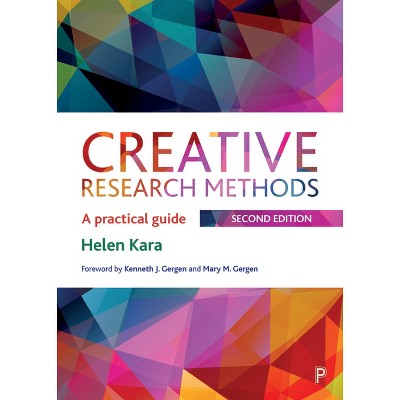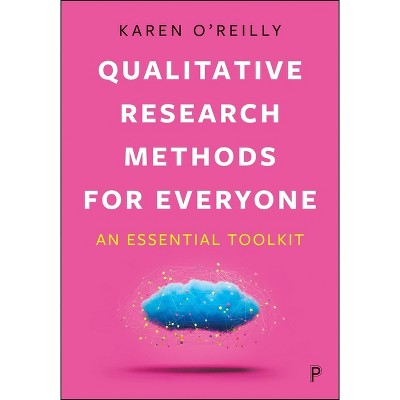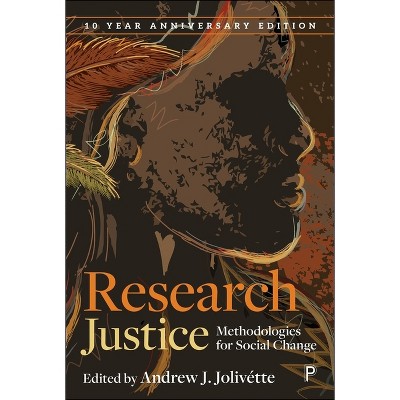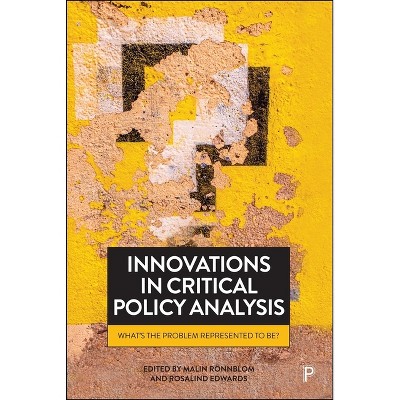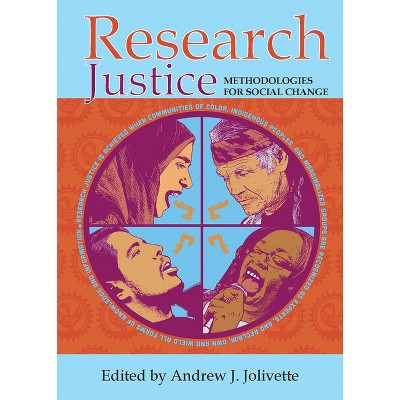Sponsored

Using Documents in Research - by Aimee Grant & Helen Kara
Pre-order
Sponsored
About this item
Highlights
- Documents are a rich yet often overlooked source of research data, offering unique insights across disciplines.
- About the Author: Aimee Grant is Senior Lecturer in Public Health and a Wellcome Trust Career Development Fellow, researching gender, disability and health, at Swansea University.
- 224 Pages
- Social Science, Methodology
Description
Book Synopsis
Documents are a rich yet often overlooked source of research data, offering unique insights across disciplines. This book provides a clear and practical guide to working with a wide variety of documents -- including historical and contemporary, hard copy and digital - alone and in teams. Featuring contributions from leading international scholars, it unpacks the decisions researchers make when finding, selecting and analysing documents.
Organised into four sections, the book examines how researchers engage with seemingly mundane materials, explore documents in popular culture, apply multi-modal research techniques, and develop innovative approaches to dissemination. Each chapter offers real-world case studies, illustrating diverse research questions, theoretical perspectives and analytical methods.
Key features include:
- Step-by-step guidance on applying document analysis methods in research;
- Diverse case studies showcasing practical applications across fields;
- Engaging and accessible explanations that clarify complex approaches.
Filling a crucial gap in the methods literature, this essential text equips students and researchers with the tools to harness the full potential of documents in research.
Review Quotes
"A fascinating resource for researchers seeking to use documents for original research. The case studies illustrate a range of disciplines and topics, providing valuable insight into the rationale, methodology and methods of this rich and often overlooked data." Helen Lomax, Sheffield Hallam University
"This collection doesn't just teach document analysis - it revolutionizes it. From conflict zones to digital archives, these scholars push methodological boundaries, equipping researchers with cutting-edge skills for today's complex documentary landscape." Narelle Lemon, Edith Cowan University and Explore & Create Co.
"Using Documents in Research is a fine book containing insights on how valuable documents can be for conducting various kinds of studies." Hani Morgan, University of Southern Mississippi
About the Author
Aimee Grant is Senior Lecturer in Public Health and a Wellcome Trust Career Development Fellow, researching gender, disability and health, at Swansea University.
Helen Kara is a researcher, author, teacher, and speaker specialising in creative research methods, radical research ethics and creative academic writing.






